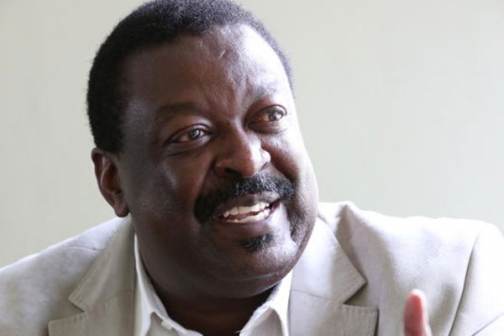×
The Standard e-Paper
Fearless, Trusted News

NAIROBI: Dazzled by renewed political attention, ANC leader and former Deputy Prime Minister Musalia Mudavadi is cautious not to drop his guard.
In a country where politics is as fluid as mercury, where no deal is guaranteed until the ballot day, one can understand Musalia’s inclination to caution; in any case he is a victim of broken political deals. And for him, the “once beaten and twice shy” phrase is a reality.